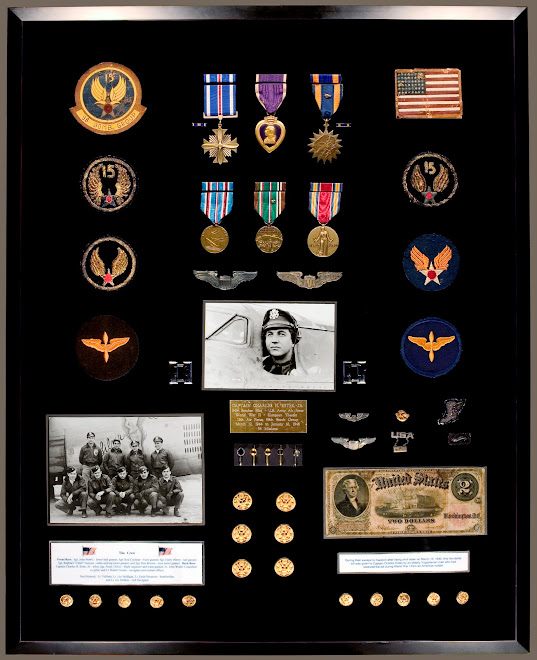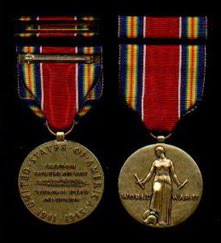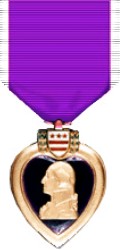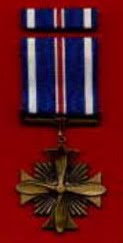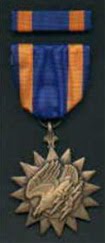 |
| 1st Lt. Robert E. Swain |
1st Lt. Robert E. Swain served as
a navigator in the 415th Bomb
Squadron of the 98th Bomb
Group during WWII. He was
stationed in Lecce, Italy.
He flew 34 missions with
my dad and the crew of their
B-24 Liberator.
May this tribute be a constant
reminder to his family and
friends that he bravely and
honorably served his country well
for which we are all deeply grateful.
As for my dad...he and Bob remained
close friends for many years after the war.
 |
First Lt. Robert Swain
415th Bomb Squadron
98th Bomb Group |
1st Lt. Robert Swain
from Willoughby, OH
enlisted into the Army Aircorp
December of 1942 and served
as a navigator for the 415th
Bomb squadron of the 98th
Bomb Group stationed in
Lecce, Italy. He was assigned
to his crew before they
left their Mountain Home, Idaho
base. My dad and Bob Swain
quickly developed a strong
friendship and remained
close friends after the war.
They attended several of the
98th Bomb Group reunions
together and also spent time
visiting each other in their
homes. As Bob's health
declined, and they could
no longer attend the reunions,
my dad and he still remained
in touch. My father thought
the world of Bob Swain and
had such great respect for him.
He was proud to have him as a
good friend for so many, many
years.
Bob's Memory of the Jump and Last Mission
as written to Captain Charles H. Estes:
"On March 15th at around 3:00 p.m.
we jumped from our B-24. Bob had
the responsibility of not only navigation
but also to know where the safe and
danger areas were over the territory
where the flights would take them.
On the previous afternoon of the last
flight of the crew, Bob attended a briefing
on the area which they would be flying
over the next day.
After the second engine was lost, they
jettisoned as much guns, ammo and
other non-essentials to gain elevation.
Charles conferred with Bob about their
location, whether it was enemy or
friendly, towns or isolated, etc.
After there was no correction in the
height after jettisoning equipment,
Charlie made the decision to
bail out.
At the time it was determined that
the crew would have to bail out of
the B-24, Bob remembers Charlie
asking him to go to the bay area
and to make sure everyone had
jumped or were proceeding to jump.
He remembers standing there with John
"Little Man" Congleton in the bay area.
He was to jump before Congleton, but
Congleton appeared to need some
persuasion and reassurance that he
and Charlie were right behind him.
Bob said, "Go ahead John and jump
and I'll be right behind you." As John
was about to go out the door, his shoulder
strap on his pack caught a hook around
the door and Bob had to assist in getting
it unhooked. John jumped and Bob then
looked to see Charlie coming towards him
with a hand motioning him to jump also.
It was extremely noisy from the engine
and wind, and wasn't sure whether
Charlie was saying anything to him as
he approached, but with motioning to
jump, he did so.
Bob landed face down in a plowed field
with a badly sprained ankle. His welcoming
party was three men with their guns who were
right there when he landed. He showed the
men the U.S. flag on his shoulder and his cap
which he had securely stowed in his jacket
prior to the jump. They spoke Yugoslavian
and had rifles pointed at him. They helped
him up and carried him to the hospital since
he couldn't walk. The nearest town was
Prnjavor about two miles away.
They took him to a clinic where the doctor
spoke French and Russian and the nurse
spoke Italian and Yugoslavian. Bob could
speak pretty good Italian so they could
communicate pretty well. They were in
the clinic a couple of days or a little longer.
The nurse at the clinic changed his ankle
bandages several times during the period
they were there. The medical staff had asked
whether they had wanted their parachutes
and Bob said no and they took his parachute
which one of the three soldiers had carried
during the two mile walk. All eleven in the
crew were at the clinic.
He remembers Mihajlovic's men --
Mihajlovic fought Tito and was
not really communist, but also not
really an alli -- interrogated them and
said they had to get going for the
journey over the mountains. They
were put on a truck and taken into
the mountains. Sometimes they
traveled by truck, sometimes they
walked and other times by cart.
Their destination was Sarajevo,
Yugoslavia. At times it was
very cold. At some point in the
journey, they met up with an
Italian officer who interrogated them
further about their mission. The
Italian officer during the
interrogation asked for
Charlie's side arm, but Bob
said Charlie was their leader,
and would not allow him to
give it up. Instead Bob offered
his gun which the Italian officer
accepted. Little did the officer
know that Bob's gun had not
worked since Mountain Home,
Idaho when he initially joined
the crew. He used it at the
firing range, but since he
never cleaned it, the firing
pin had rusted which made
it inoperable. "
(Click on pictures to enlarge)
 |
| Bob Swain outside their barracks in Lecce, Italy |
 |
This colored picture is of my mother, Hope Estes,
probably taken by Bob and Robin Swain on a visit
to Yazoo City, MS. |
 |
| I believe Bob Swain is fifth from the left bottom row |
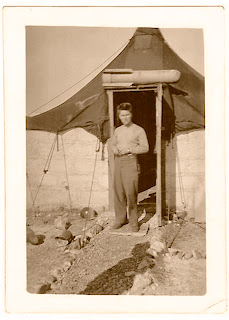 |
| Bob Swain outside the barracks in Lecce, Italy |
 |
| Bob Swain enjoying some leisure time |
 |
Bob Swain (second from left) and Charlie Estes
and John "little man" Congleton to Charlie's right |
 |
Charlie Estes and Bob Swain
This picture was taken at Charlie's house
in Yazoo City, MS. |
This is a thank you letter written by Bob Swain to Charlie's parents
after his visit to Yazoo City, MS.








































